Pregài o Pregadi
Giuseppe Boerio (1754-1832) published his Dizionario del Dialetto Veneziano (Dictionary of the Venetian Dialect) in 1829 (2nd ed. 1856, 3rd ed. 1867). It is an invaluable tool for anybody who reads texts from the time of the Republic of Venice.
PREGÀI o Pregadi, s. m. sing. and plur., which means Pregati.1 This was the name of the Venetian Senate, with a vernacular name from the ancient custom that the Doge sent to beg or request some patricians of his choice to convene with him to consult them in state affairs, when he had great authority. However, once the ducal dignity was reformed in some government corrections followed in the 13th century,2 a Senate was established for similar consultations, which nevertheless continued to be called Pregadi or Pregai, with the Doge presiding, sixty of whom could be elected from year to year by the Maggior Consiglio, and to which political, economic and military matters were progressively attributed. There were later other systems, so in our times3 the Pregadi was composed of about 300 members,4 that is, the Doge; by 9 Procuratori di S. Marco; by ten members of the Council of Ten; by six Avogadori di Comun, i.e. 4 current and two former ones; by 4 Censors, two current and two retired; by 60 Senators of the Pregadi Council;5 by 40 of the Quarantia criminale; by 13 other members of the Magistracies of senatorial appointment; finally by 55 others employed in the Magistracies known as Sotto Pregadi, i.e. Aspirants to the Pregadi, some of whom took part without a vote. The sessions of the Senate were held in the afternoon hours and on Thursdays and Saturdays.
Translator’s notes
- The Italian word Pregati means to pray, to beg, to implore, in the sense that they were asked politely to come, like in earlier English: Pray, come. ↩︎
- The doge Reniero Zen (1253-1268) instituted the Consiglio de’ Pregadi formally in 1255. ↩︎
- “in our times” must mean the late 1700s, as the author Giuseppe Boerio was born in 1754, and worked (by senatorial appointment) in Venetian mainland administration from the late 1770s until the end of the republic. ↩︎
- The list adds up to 198 individuals. ↩︎
- The sixty members elected annually by the Consiglio Maggiore. ↩︎
Italian original
PREGÀI o
pp. 531-532Pregadi, s. m. sing. e plur ., che vale Pregati. Così chiamavasi il Senato Veneto, con nome vernacolo dall’antico uso che il Doge mandasse a pregare o richiedere alcuni patrizii a sua scelta di convocarsi presso di lui per consultarli negli affari di Stato, quando egli aveva grandissima autorità. Riformala però la dignità ducale in alcune correzioni di governo seguite nel secolo XIII, venne instituito un Senato per simili consultazioni, che continuò nondimeno a dirsiPregadioPregai, colla presidenza del Doge, eleggibile in numero di sessanta d’anno in anno dal Maggior Consiglio, ed a cui in progresso furono attribuite le materie politiche, economiche e militari. V’ebbero in seguito degli altri sistemi, onde a’ tempi nostri il Pregadi era composto di circa 300 membri, cioè dal Doge; da 9 Procuratori di S. Marco; da dieci membri del Consiglio de’ dieci; da sei Avvogadori di Comun, cioè 4 attuali e due usciti da 4 Censori, due attuali e due di rispetto; da 60 Senatori detti del Consiglio di pregadi; da 40 della Quarantia criminale; da 13 altri membri de’ Magistrati senatorii; finalmente da 55 altri occupati nelle Magistrature detteSotto Pregadi, cioè Aspiranti al Pregadi, alcuni de’ quali v’intervenivano senza voto. Le sedute del Senato si facevano nelle ore pomeridiane e ne’ giorni di giovedì e di sabbato.
Related articles
- State institutions of the Republic of Venice
- The Consiglio Maggiore
- The Doge
- Senato — ASV Indice
- Pregadi — Lessico Veneto
- Maggior Consiglio — Lessico Veneto
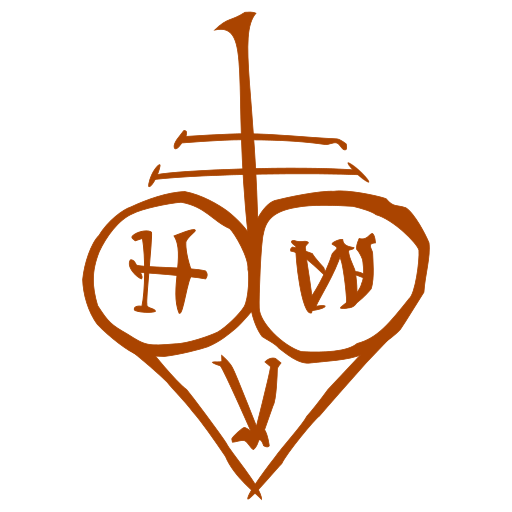
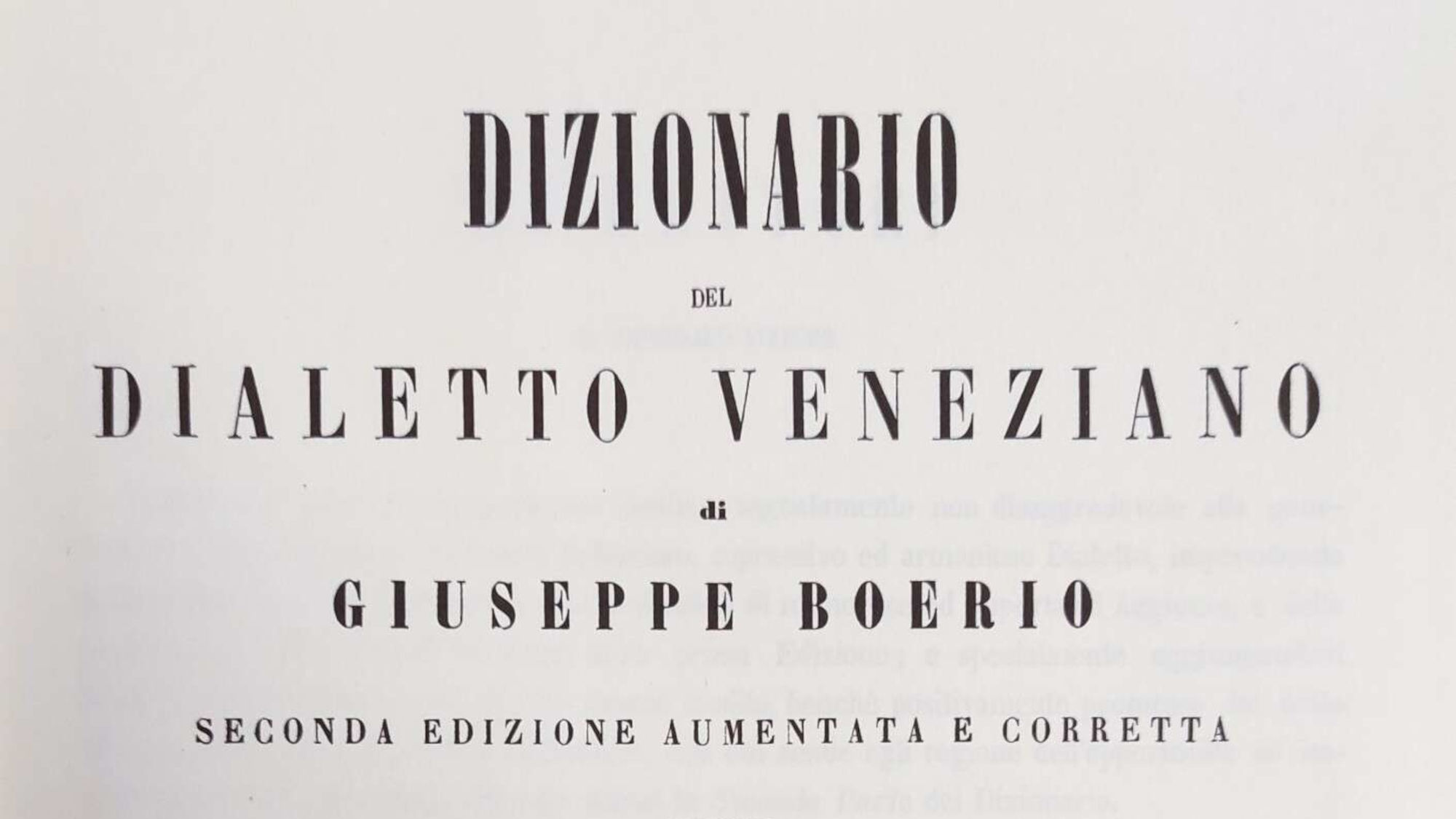
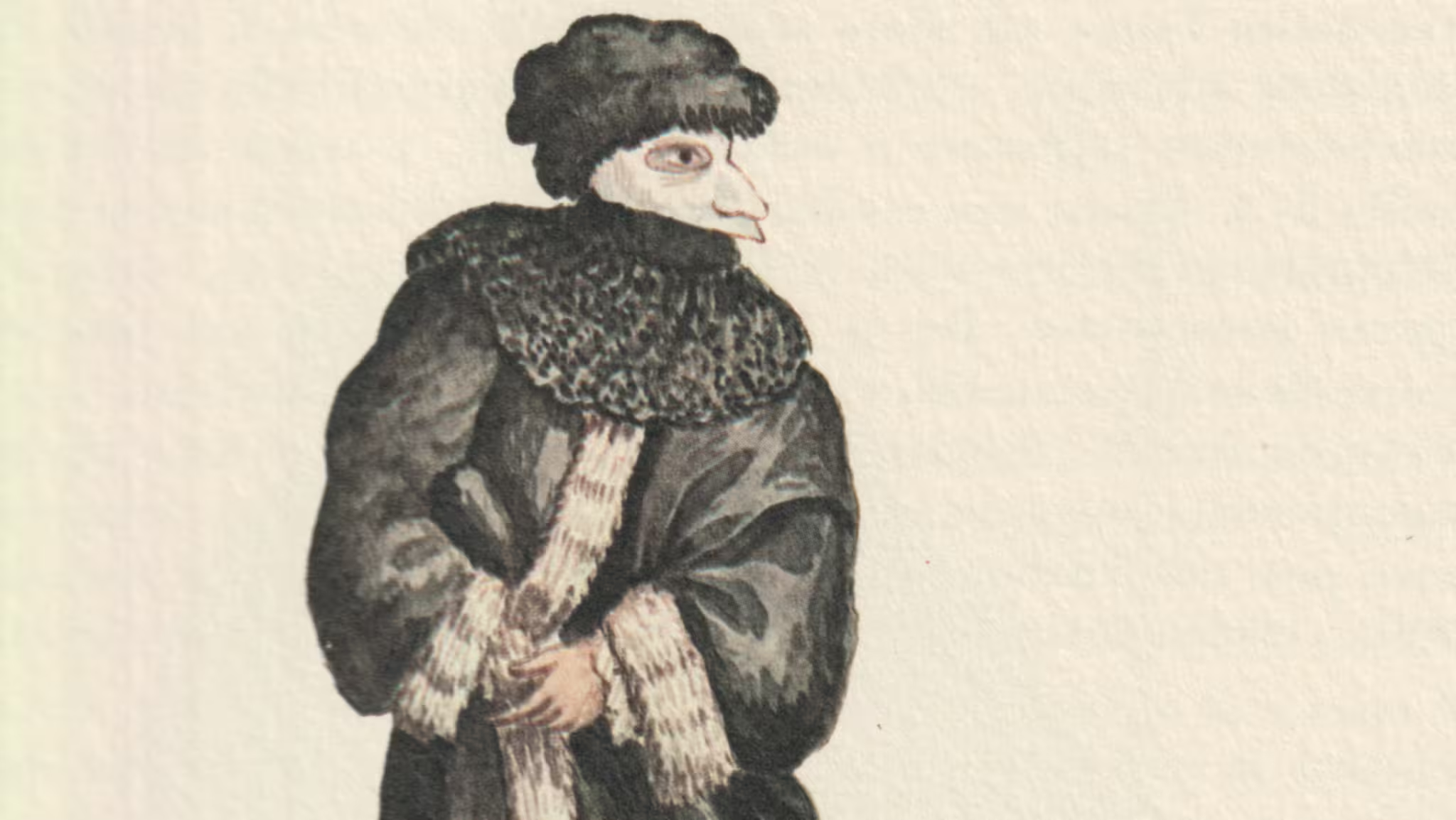
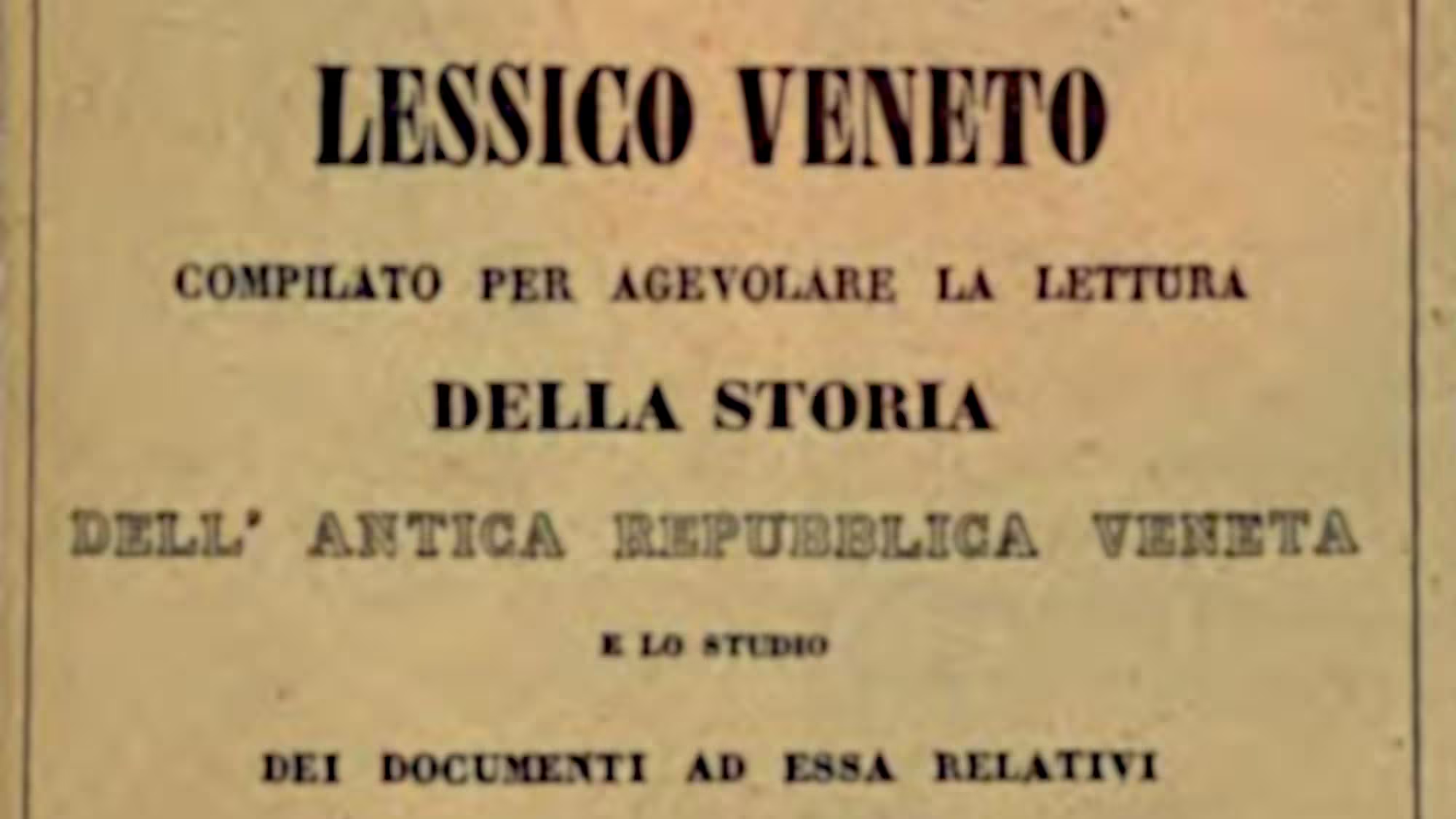
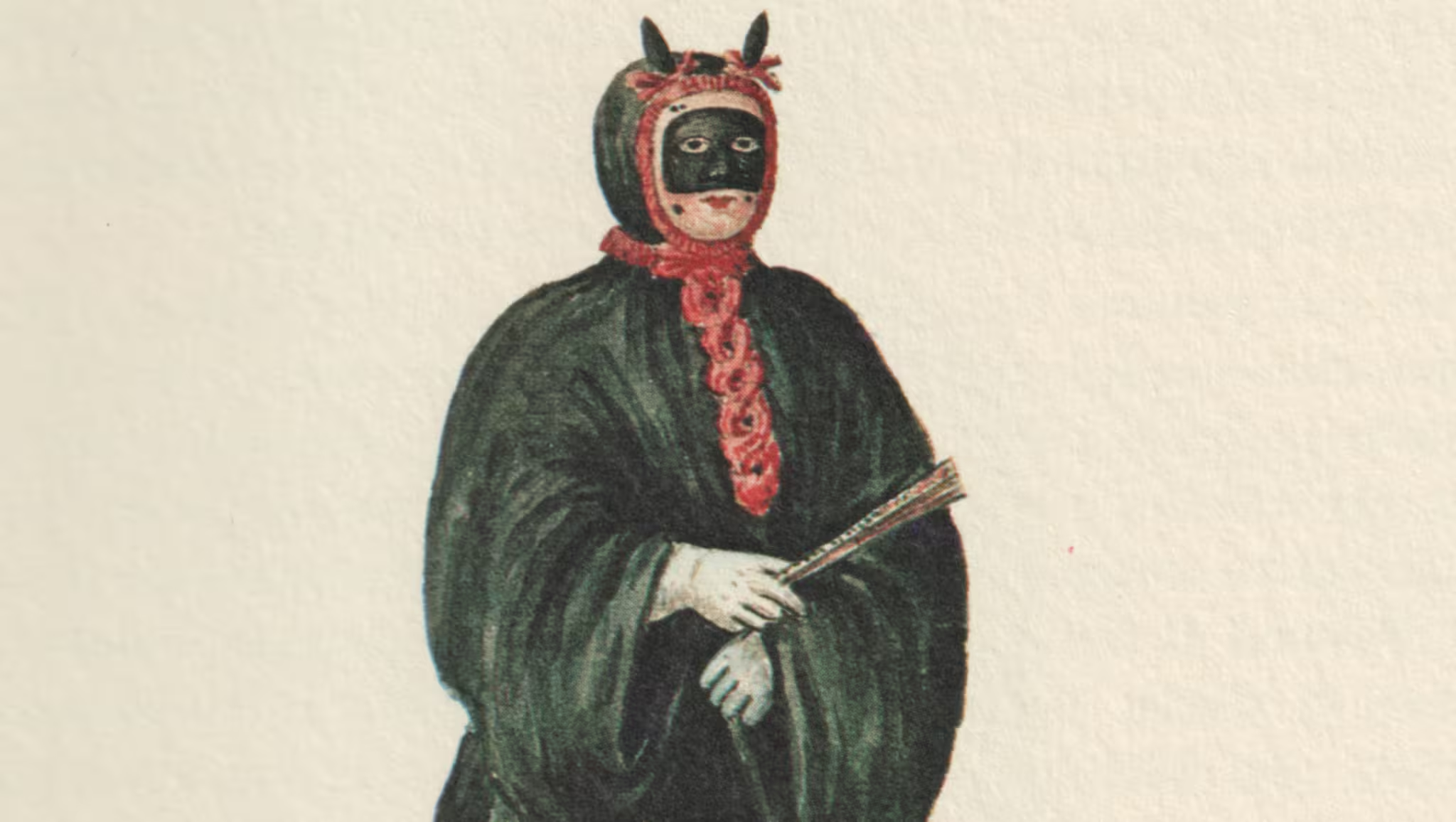
Leave a Reply